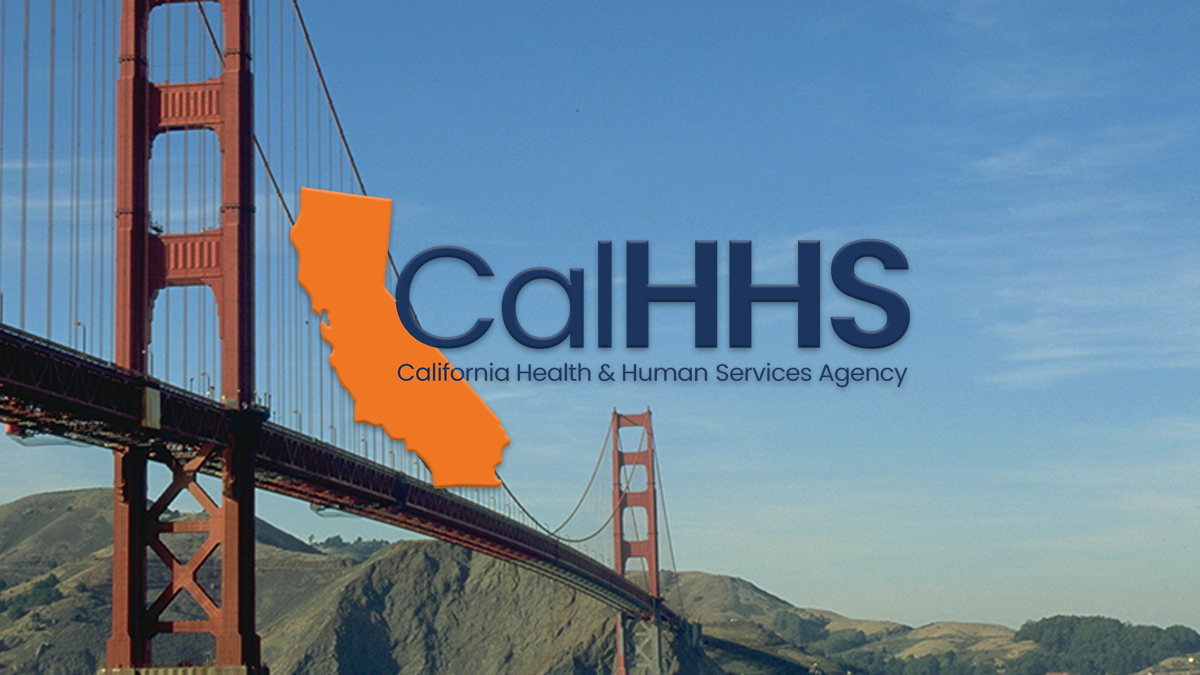Federal shutdown adds new financial pressures to California health budget
Governor Newsom's lawsuit alleges the USDA is illegally withholding food assistance, while the state's budget faces new holes from expiring ACA subsidies—the same budget that recently cut Medi-Cal's Ozempic coverage.
California's decision this summer to cut GLP-1 drugs like Ozempic from its Medi-Cal budget was a state-level move to control an estimated $1.6 billion in pharmacy costs. Now, the ongoing federal government shutdown, which began October 1, is introducing new, compounding financial pressures on the state's social safety net, from health insurance premiums to food assistance.
CalFresh Funding at Risk Amid Lawsuits
The most immediate pressure point is CalFresh, California's food assistance program. The USDA has not provided funding for November, which puts benefits for 5.5 million Californians at risk of halting.
This is the second major dispute over the program this year. In July, California sued the Trump administration over a federal demand for recipient data, which the state alleged was tied to threats to withhold administrative funds.
On Tuesday, Governor Gavin Newsom and Attorney General Rob Bonta filed a new lawsuit regarding the shutdown. The suit, co-led by more than 20 states, alleges the administration is unlawfully withholding November's benefits by not using available contingency funds.
Shutdown's Impact on California Health Budget
The federal shutdown is also complicating the state's healthcare budget. The primary disagreement in Washington is the expiration of Affordable Care Act premium tax credits.
If Congress fails to extend them, Covered California warns that premiums will "increase significantly" for nearly 2 million enrollees on January 1. This creates new pressure on the state legislature to consider using state funds to offset those increases, placing further demands on the same state budget that sought to save $1.6 billion by cutting GLP-1 coverage.

Administrative Disruptions
Beyond the new funding pressures, the shutdown is creating operational challenges. Federal contingency plans for the Centers for Medicare & Medicaid Services (CMS) show that 47% of the agency's staff has been furloughed.
This has halted non-essential federal support for Medi-Cal, including provider certifications, policy rulemaking, and some casework. CMS did temporarily recall some furloughed staff this week to manage the start of the Medicare and ACA open enrollment periods.
California's state budget was already facing challenges that led to the Medi-Cal GLP-1 cut. The federal shutdown has since introduced new, complex financial and administrative issues, particularly concerning the funding for CalFresh and the potential expiration of ACA subsidies.








